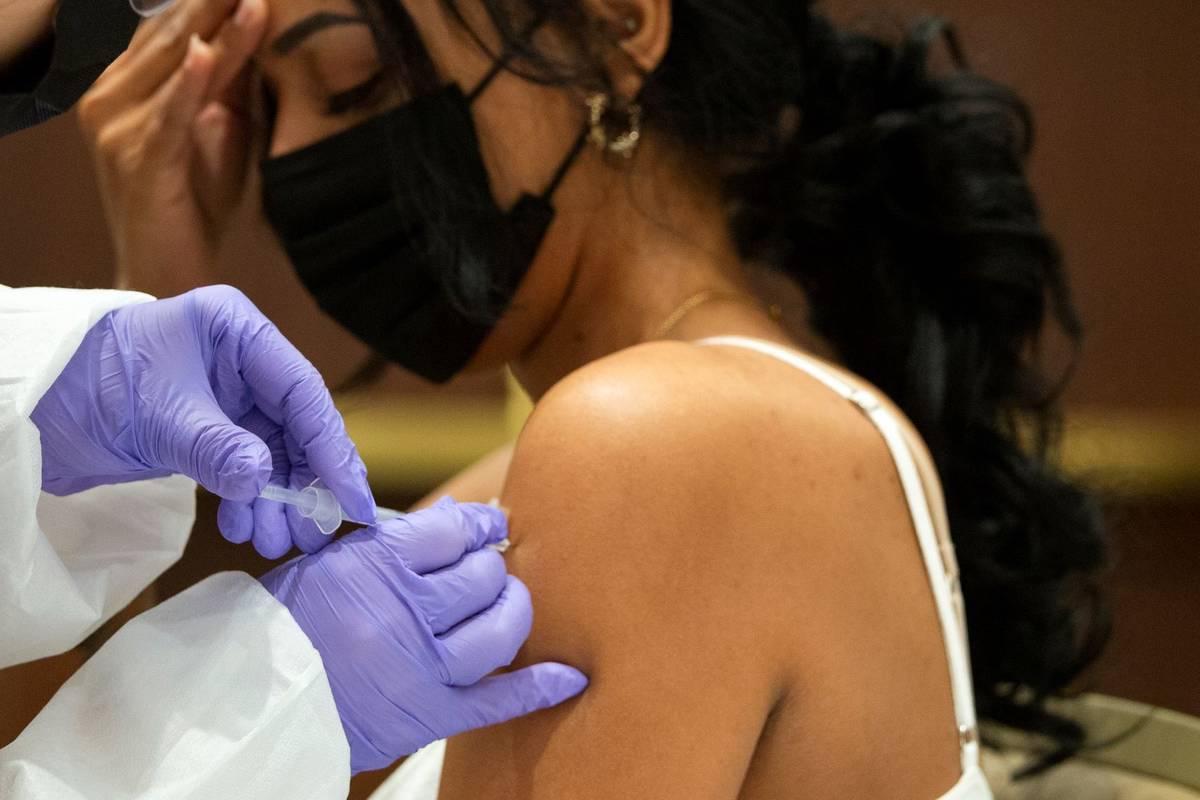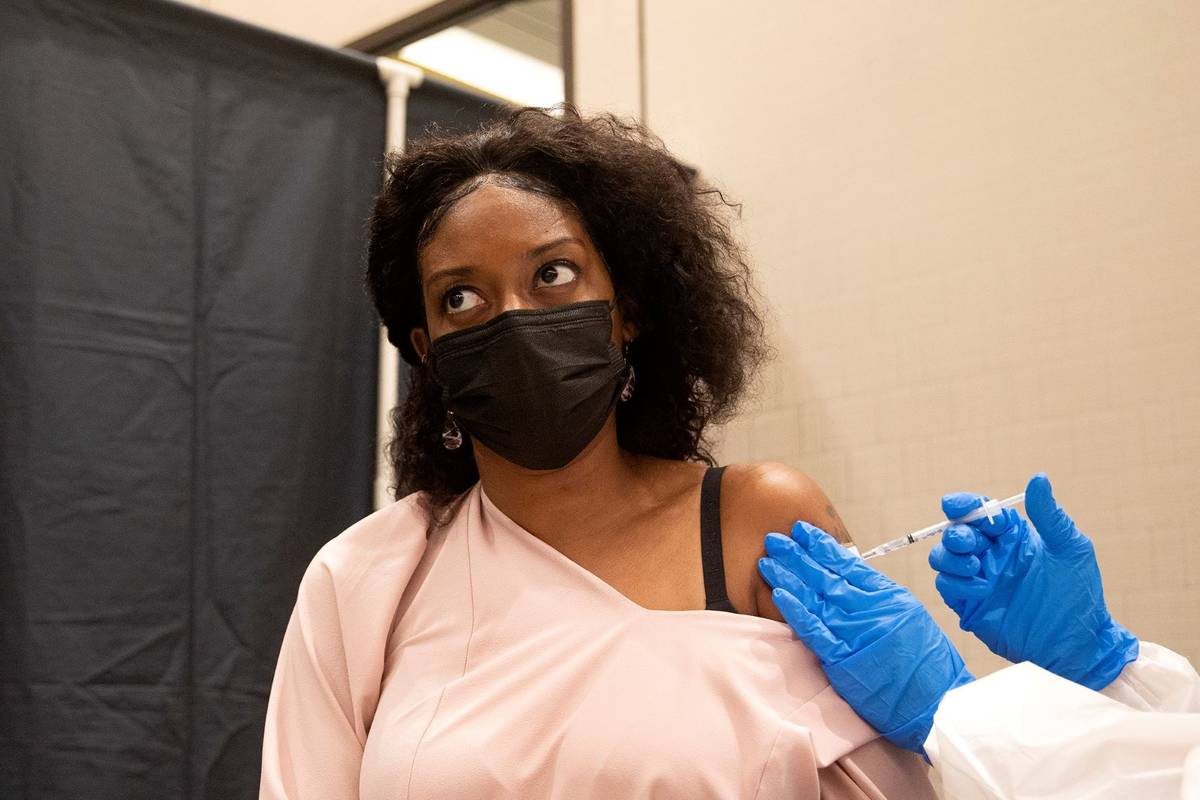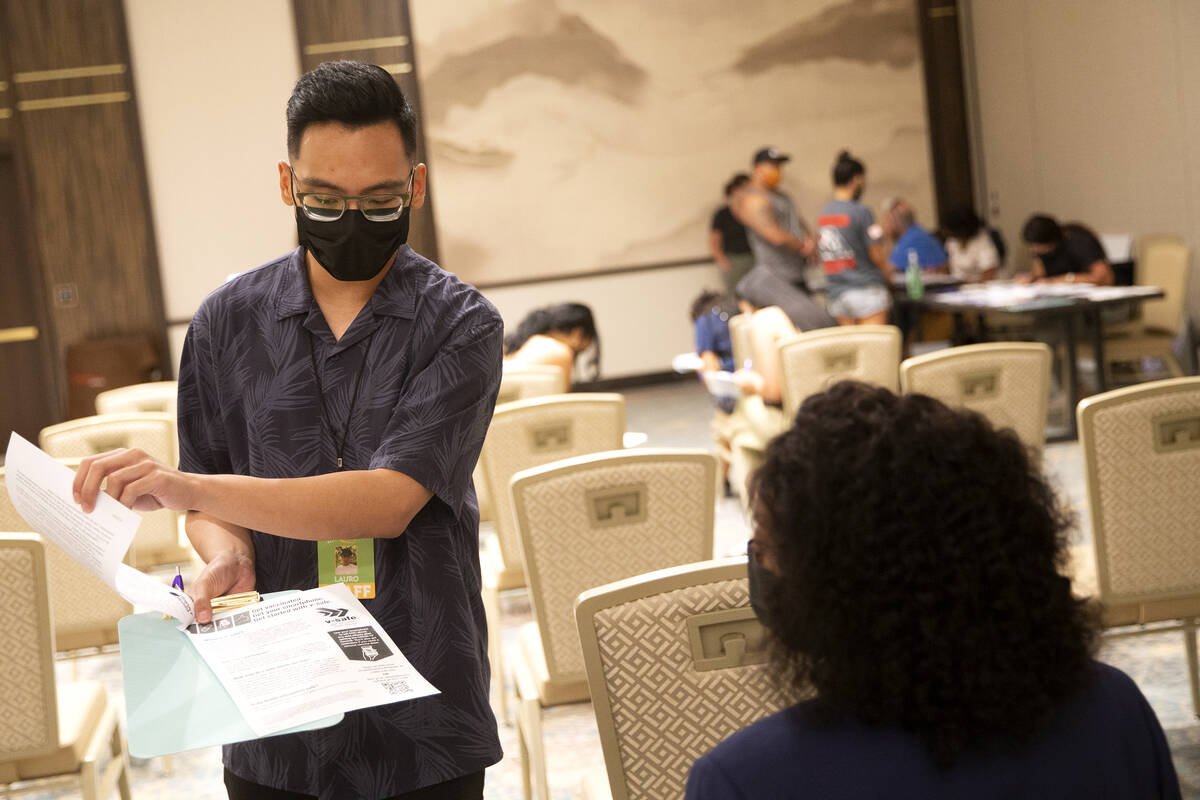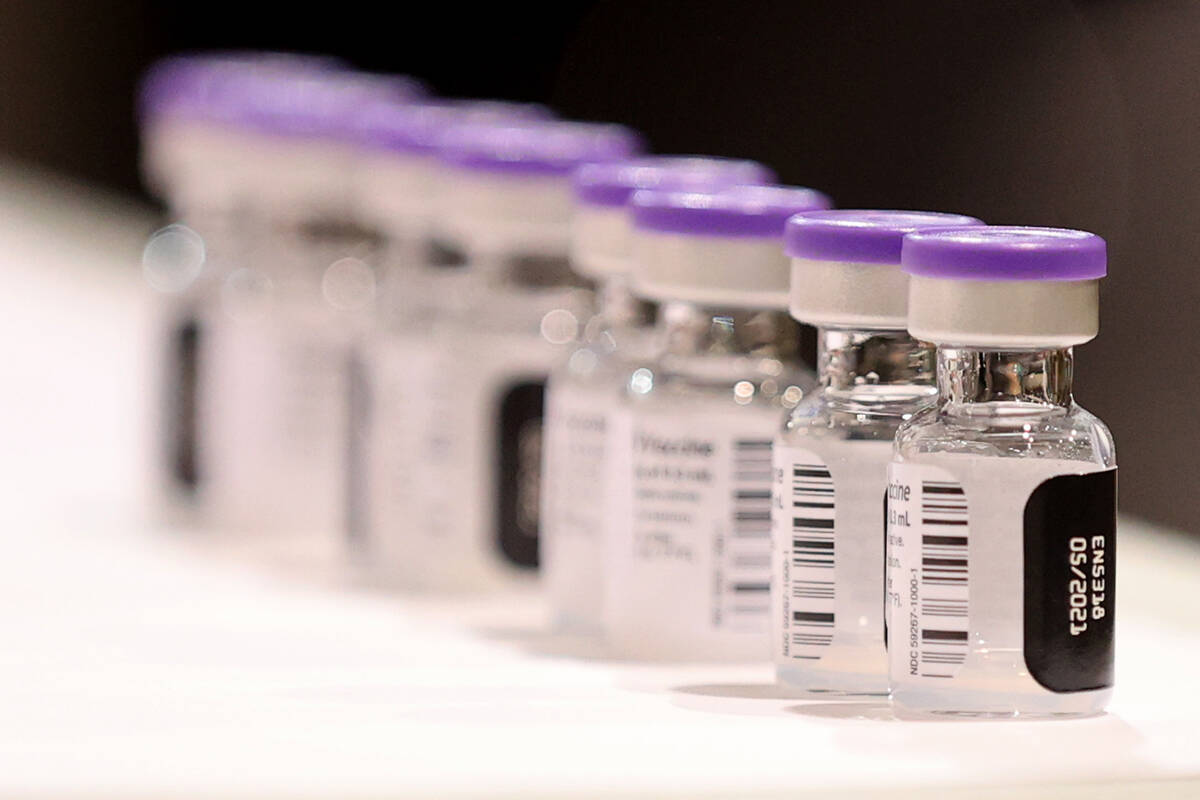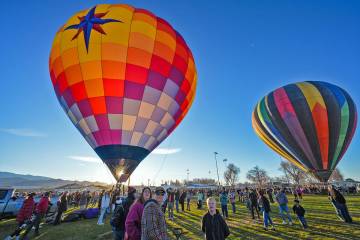CDC doesn’t follow suit with FDA on Pfizer booster shots
The U.S. Food and Drug Administration amended its emergency use authorization for the Pfizer-BioNTech COVID-19 vaccine to allow for booster shots for certain populations.
Individuals age 65 and older will now be able to obtain a Pfizer booster shot six months after the initial series. Also, people age 18 to 64 that are at high risk of severe COVID-19 infections and those in that age category that have “frequent institutional or occupational exposure to the virus,” where they are put at high risk of serious complications of COVID-19 or severe COVID, will also be able to get the booster shot.
“Today’s action demonstrates that science and the currently available data continues to guide the FDA’s decision-making for COVID-19 vaccines during this pandemic,” said Acting FDA Commissioner Janet Woodcock, M.D. in a Wednesday release. “After considering the totality of the available scientific evidence and the deliberations of our advisory committee of independent, external experts, the FDA amended the EUA for the Pfizer-BioNTech COVID-19 vaccine to allow for a booster dose in certain populations such as health care workers, teachers and day care staff, grocery workers and those in homeless shelters or prisons, among others.”
Woodcock added, “This pandemic is dynamic and evolving, with new data about vaccine safety and effectiveness becoming available every day. As we learn more about the safety and effectiveness of COVID-19 vaccines, including the use of a booster dose, we will continue to evaluate the rapidly changing science and keep the public informed.”
The Center for Disease Control’s Advisory Committee on Immunization Practices was expected to make the recommendation for the Pfizer booster shot on Thursday. The committee did move forward on Thursday, though it stopped short in recommending third shots for frontline health care workers and people exposed at their job. The CDC recommended that the booster be administered six months after the initial series of the COVID-19 Pfizer vaccine. s
Most state health departments typically follow suit with the recommendations of the CDC.
The CDC recommended in mid-August that a third shot be made available for people who are severely immunocompromised.
The Biden administration announced earlier in the week that people who already had received two shots over eight months ago should be able to get a booster. But the FDA took a narrower approach.
The FDA reported that the most commonly reported side effects by clinical trial participants that received a booster shot of the Pfizer vaccine were pain, redness and swelling at the injection site and fatigue, according to the FDA’s release. Other common side effects listed were headache, muscle or joint pain and chills.
“Of note, swollen lymph nodes in the underarm were observed more frequently following the booster dose than after the primary two-dose series,” the FDA said.
The Pfizer vaccine first became available at the end of 2020 for people age 16 and older. That was expanded to include ages 12-15 in May of this year; and in August, the third dose was approved for severely immunocompromised individuals.
Contact Editor Jeffrey Meehan at jmeehan@pvtimes.com


